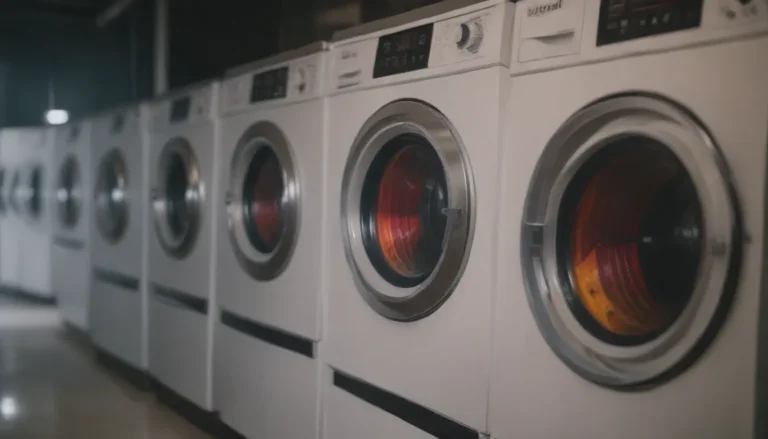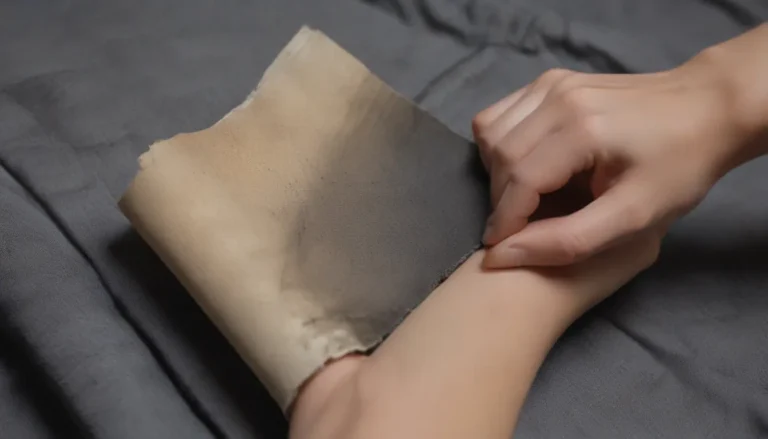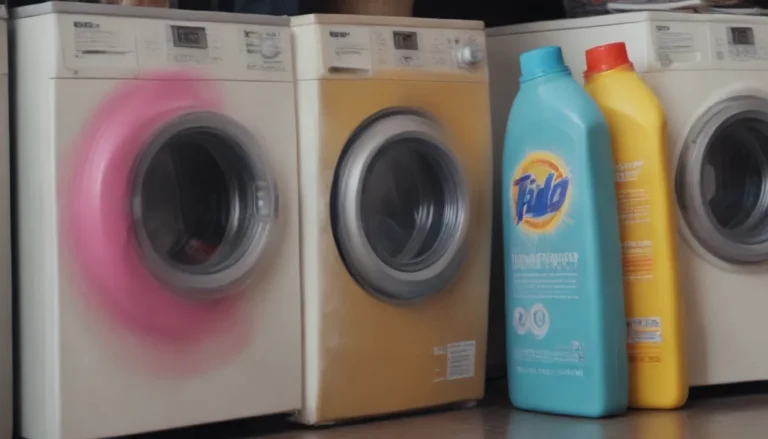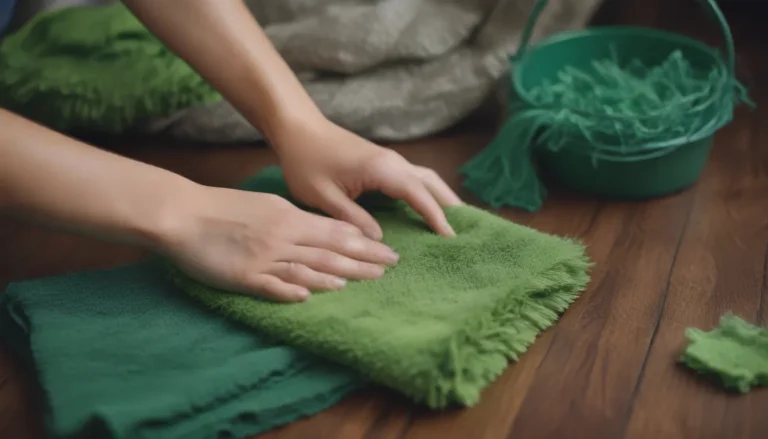Understanding the Risks of Rats and Mice
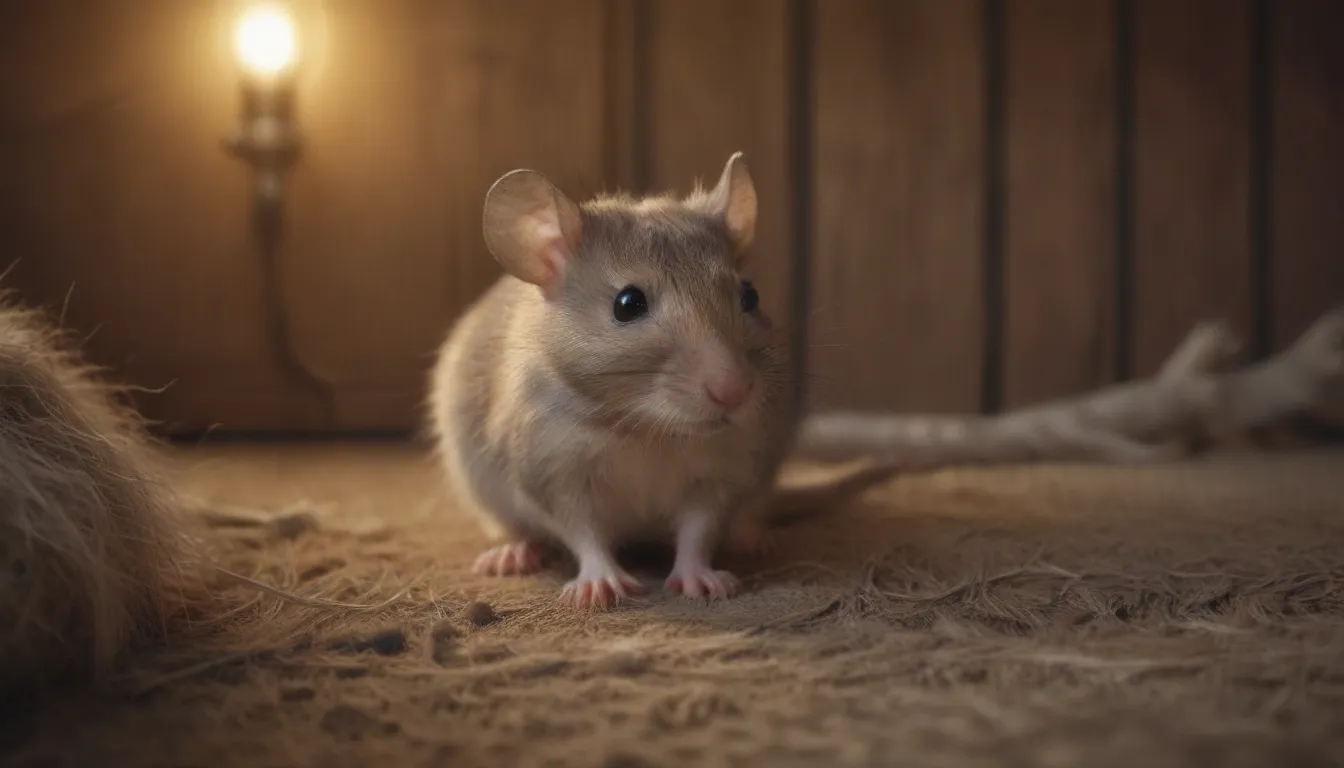
Having a rat or mouse infestation in your home is not just a nuisance – it can actually pose serious health risks to you and your family. Rodents can carry a variety of diseases and bacteria, making it crucial to control and eliminate them from your living spaces as soon as possible.
The Dangers of Rodents
Rats and mice are not just unwelcome guests in your home – they can also cause significant damage to the structure of your property. Here are some of the risks that come with having rodents in your living space:
- Spread of Disease: Rodents are known carriers of various diseases, including Hantavirus, Leptospirosis, and Salmonella. These illnesses can be transmitted to humans through contact with rodent urine, droppings, or saliva.
- Contamination: Rats and mice can contaminate your food and water sources with their droppings and urine. This not only renders your food unsafe for consumption but also creates a breeding ground for bacteria that can lead to food poisoning and other health issues.
- Structural Damage: Rodents are notorious for gnawing on anything in their path, including electrical wires, insulation, and wood. This can lead to costly repairs and put your home at risk of fire hazards.
Identifying Rodent Infestations
It’s essential to be able to recognize the signs of a rodent infestation early on so that you can take action before the problem worsens. Here are some indicators that you may have rats or mice in your home:
- Droppings: Finding rodent droppings in your home is a clear sign of an infestation. Mouse droppings are small and pellet-shaped, while rat droppings are larger and more oblong.
- Chewed Items: Look for gnaw marks on food packaging, furniture, or walls. Rats and mice have teeth that grow continuously, so they need to gnaw on objects to keep them in check.
- Nesting Materials: If you come across shredded paper, fabric, or insulation in hidden corners of your home, it could indicate that rodents are building nests.
- Scratching Noises: Rats and mice are nocturnal animals, so you may hear scratching or scurrying sounds coming from your walls or ceilings at night.
Preventing Rodent Infestations
The best way to deal with rats and mice is to prevent them from entering your home in the first place. Here are some steps you can take to rodent-proof your living space:
- Seal Entry Points: Rats can squeeze through holes as small as a quarter, while mice can fit through holes the size of a dime. Seal gaps and cracks in your walls, floors, and foundation to prevent rodents from entering.
- Maintain Cleanliness: Keep your home clean and clutter-free to eliminate hiding spots and food sources for rodents. Store food in airtight containers and clean up spills and crumbs promptly.
- Trim Vegetation: Overgrown shrubs and trees near your home can serve as a highway for rodents to enter. Keep vegetation well-trimmed to reduce the likelihood of rodent infestations.
Eliminating Rodent Infestations
If you suspect that you already have rats or mice in your home, it’s crucial to act quickly to eliminate them before they cause further damage. Here are some methods for getting rid of rodents:
- Traps: Snap traps, glue traps, and electronic traps are effective for catching and killing rodents. Place traps along walls and in areas where you have noticed rodent activity.
- Poison Bait: Rodenticides are another option for controlling rodent populations. However, these should be used with caution, especially in homes with pets or small children.
- Professional Pest Control: If you have a severe infestation that you can’t handle on your own, consider hiring a professional pest control service to eradicate the rodents safely and effectively.
In conclusion, rats and mice are not just pesky pests – they can pose serious health risks and cause significant damage to your home. By taking proactive measures to prevent and eliminate rodent infestations, you can protect your family and maintain a safe and healthy living environment. Remember, when it comes to rodents, prevention is always better than cure. Stay vigilant and act promptly at the first sign of a rodent infestation to keep your home rodent-free.
